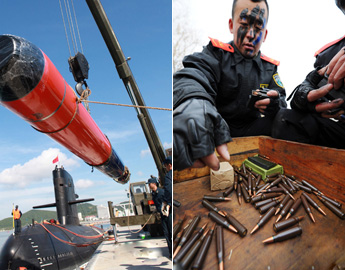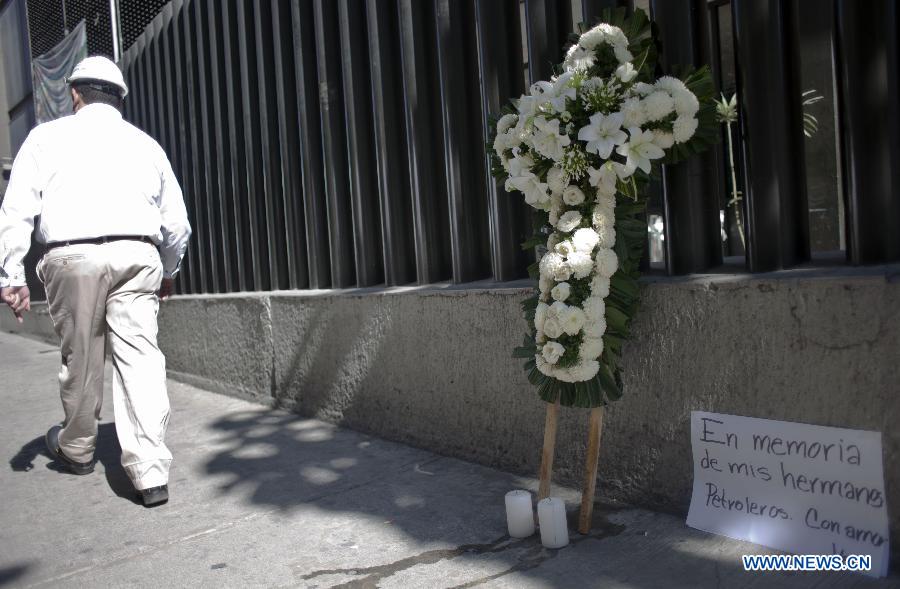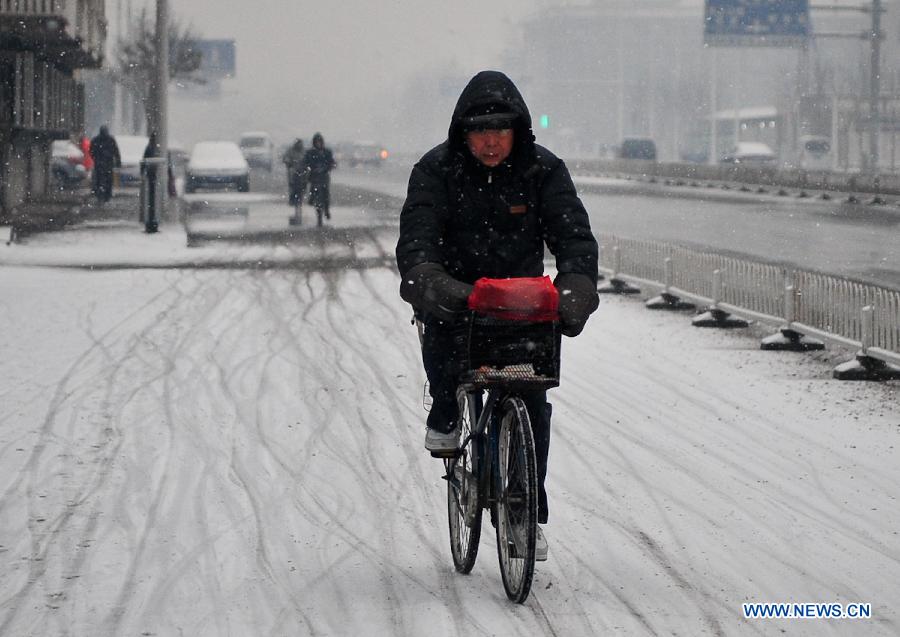
Key Words:Europe;U.S.;Munich;allies;placatory gesture
MUNICH, Germany, Feb. 3 (Xinhua) -- Europe might be somewhat pleased when Vice U.S. President Joe Biden returned to Munich on Saturday and reassured them that they remained America's "oldest and closest allies." For America, the placatory gesture is necessary.
It was Biden's first visit to Europe since Barack Obama started his second term as U.S. president in January and his first attendance to Munich Security Conference since 2009.
On Saturday, in his speech to start a panel discussion at the conference, Biden told his European partners that "Europe is the cornerstone of our engagement with the rest of the world and is the catalyst for our global cooperation."
"Nothing has changed," he said.
Biden's remarks came against the backdrop of America's "strategic pivot" to the Asia-Pacific region. The decision announced by Obama during his first term has led to the unease of some Europeans, raising concerns that Americans are turning away from the old continent and are playing down the transatlantic relationship.
In his opening speech at the 49th Munich Security Conference on Friday, German Defence Minister Thomas de Maiziere tried to display a mood of optimism about the relationship, saying that Europeans and Americans "can rely on each other...(and) must be able to rely on each other."
"For the U.S., Europe may not be the best conceivable partner in the world, but it is certainly the best possible partner," said Maiziere, adding that "No other region in the world is as stable, reliable and able to act as Europe."
 |
















 China's weekly story (2013.01.27-01.31)
China's weekly story (2013.01.27-01.31)


![]()
